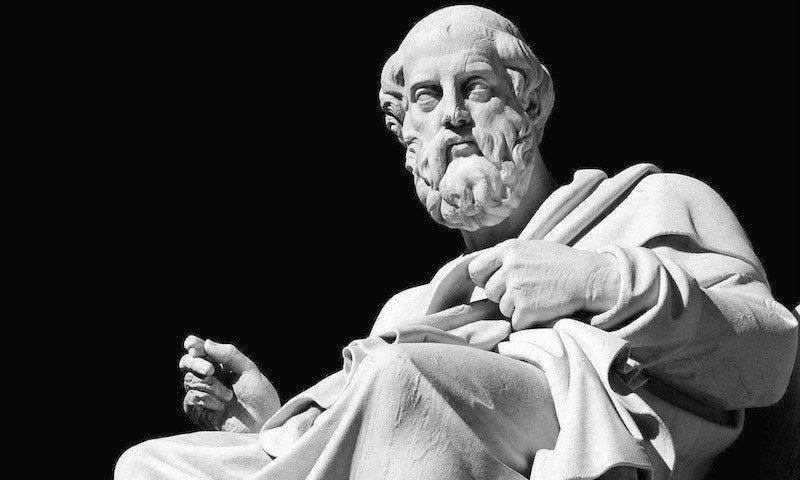I thought I’d share a Facebook post from my Polish friend, Adrian, about Plato and the roots of totalitarianism. (Adrian has become quite anti-Jungian, depressed after his boyfriend died last year, and very cynical, which he didn’t seem to be when we became friends ten years ago).
This link he included is interesting I think to an extent because it addresses the nature of autonomy in the state. Still, I think all these details about Plato’s thought on state governance is somewhat heady and in ways a (homophobic?) distraction from Plato’s main contribution to Uranian psychoanalysis, being his idea that there is a spiritual nature in being homosexual.
“However we owe to Plato such beautiful dialogues exploring the topic of eros like ‘Feast’ or ‘Fajdros’, he is a rather problematic figure. His political thought was and at times even continues to be an inspiration for all kinds of totalitarianism.
Plato was a great opponent of democracy. His political vision presented in ‘Laws’ and ‘State’ was a theoretical basis from which both medieval theocracies and a largely Nazi Third Reich grew.
Furthermore, despite the fact that in his dialogues we find some of the most beautiful descriptions of homosexual erosion, in his later period (from which the ‘Rights’ and ‘State’ come from), he no longer saw anything positive in him or found a place for him in his vision. It is in the ‘Laws’ that the argument against homosexuality as something against nature appears and it is from Plato that the Catholic Church adopted this argument (homosexuality is against natural law), which gave the basis for hundreds of years of persecution of homosexual people in Europe.”

Response from Wendell Jones to Adrian’s comment:
The argument that Plato was a totalitarian fascist is an old and tired argument. Simplistic and uninformed.
Clearly he has a totalitarian shadow. He is not psychological. And his writing was appropriated by fascists to support their evil ideology. But he is not totally wrong.
The dialogue most often used to advance this argument is The Republic. Plato noted that uneducated mobs, like Trump’s MAGA crowd, were violent and dangerous. And they make Democracy difficult. His solution, to have voters pick the wisest leaders to run government, makes a certain amount of sense. But it falls apart when voters pick Marjorie Taylor Greene as the wise person to make the decisions. So his solution has some advantages but is not perfect.
He also was not a libertarian and thought the State had to curb individual violence, like the right to pollute wherever you want. And I think he was correct about this to a point. We need a State. But how do we keep it from running roughshod over us?
The problem is that everyone has a shadow. And when those enforcing the laws decide to step on individual freedom, it is a nightmare.
There is no answer to all this except that we ALL have to become more psychological and confront our violent natures whenever they pop up in ourselves or in our representatives. Especially in the people we give the right to police us. We need a benevolent King, but we have impeachment and laws to curb the “King” or president when they betray our trust.
But to label Plato a Fascist and ignore his arguments is one sided and dangerous. Giving MAGA the rights to obliterate us if they get enough votes is not the answer. We have to fight for Gay love and decency in the world. And we have to develop checks and balances to confront our leaders’ shadows.
There is no magic form of government or rules that work perfectly and contain all shadow. That just is not possible. This is why Jungian thought is more important than ever. Pointing out Jung’s shadow and therefore rejecting all his theories is silly and misses the point.
My eyes are bad and my mind is slow. Writing this is a pain. I wish I could explain it all better but that is how things are. Just know that all of this “Plato is a fascist” stuff has been around for years and is a simplistic reading of his thought. Which, of course, is shadow ridden, but still useful and brilliant.